2019 Workshop | Methods in India China Studies
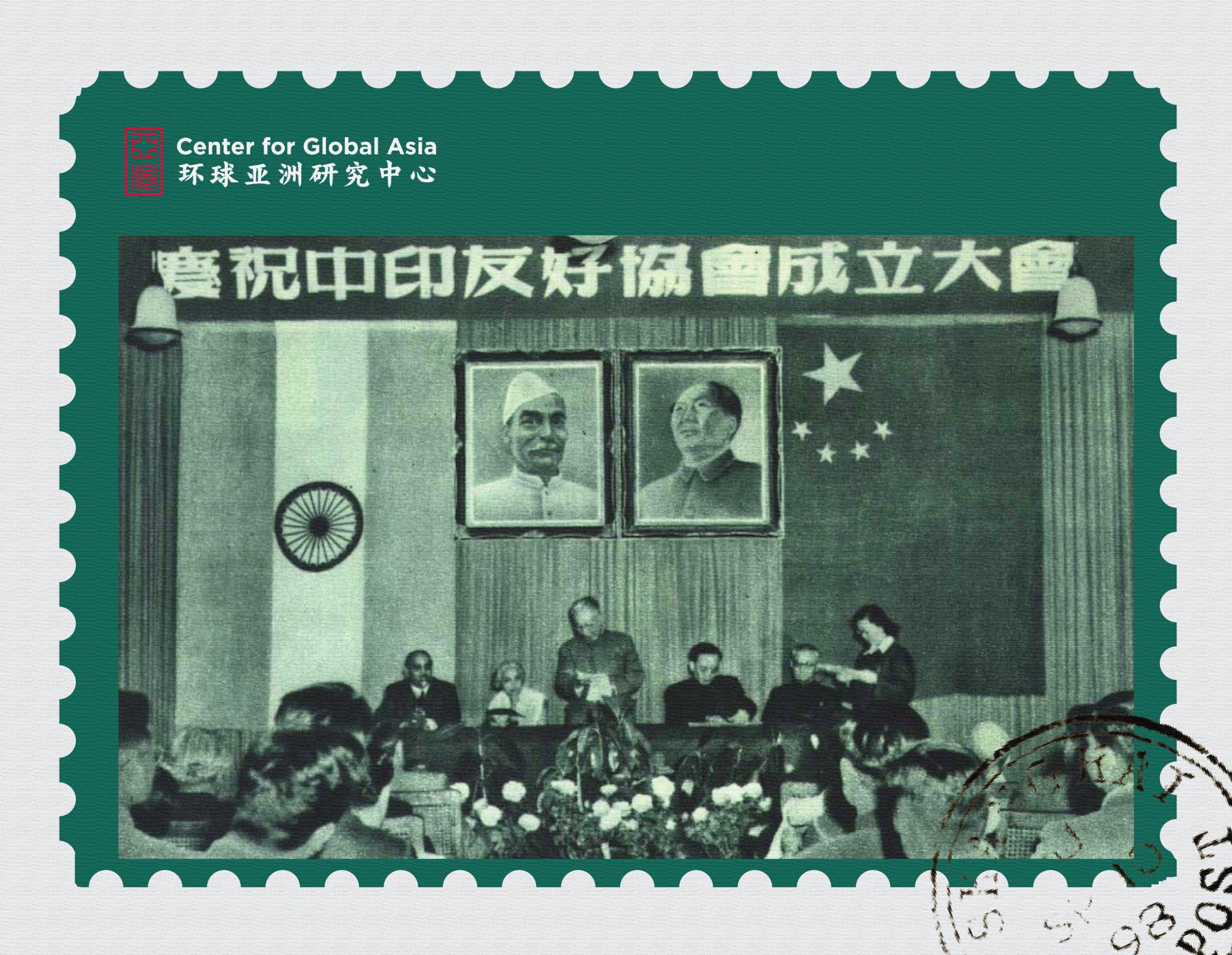
地点: 1505教室,上海纽约大学
日期: 1月10日,2019
In Collaboration With
The Department of South Asian Studies, Peking University,
Harvard-Yenching Institute,
India China Institute, New School,
Institute of Chinese Studies, Delhi,
Renmin University,
The Yenching Academy, Peking University
Overview
The aim of this one-day workshop is to explore the methodological and conceptual frameworks one could use to study India-China connections and comparisons. The workshop will be divided into two sessions. The morning session will be devoted to examining the methodological frameworks employed in some of the recent publications on India-China comparisons and inter-Asian connections. The afternoon session will focus on discussing recently completed or currently ongoing doctoral research by three workshop participants. This workshop is intended to be the first in a series of capacity-building events associated with the collaborative research project entitled “China and India in the Age of Decolonization: An Analysis of the Nehru Papers, 1947-1964.” Subsequent workshops will take place in Cambridge (Massachusetts) and Delhi.
Participants
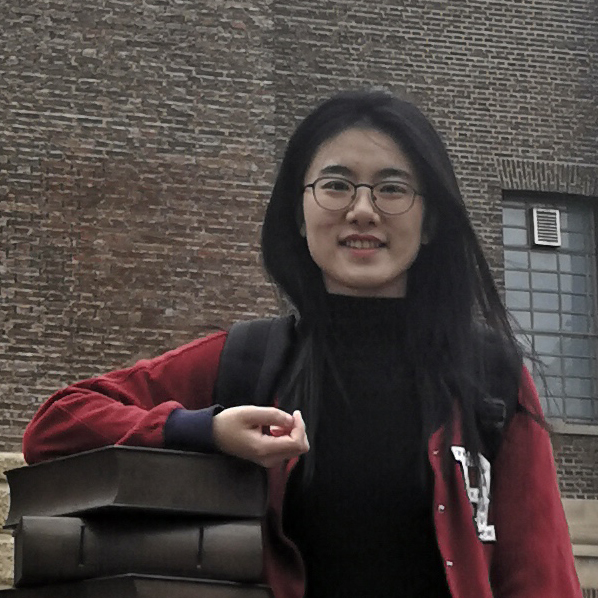
Huiyuan Bian
Huiyuan Bian is a second year PhD student at the South Asian Studies Department, Peking University, China. For her BA and MA degrees she studied Hindi language and literature. She is especially interested in Hindi women writers and the impact of their works on contemporary India. Currently, she is working on the Buddhist community in the greater Bengal region, especially around the Chattogram area. She is examining how the Buddhist community has persevered in Bangladesh, a Muslim-majority country.
Yin Cao received his PhD in history from the National University of Singapore. His research interests cover modern India, global history, and India-China relations in the twentieth century. His first book, entitled From Policemen to Revolutionaries: A Sikh Diaspora in Global Shanghai, 1885–1945, was published by Brill in 2017. His other publications can be found in journals such as the Indian Historical Review, Frontiers of History in China, Journal of Punjab Studies, and Britain and the World. Yin is currently an associate professor at the Department of History, Tsinghua University, Beijing, and is working on two research projects: one on the history of the Chinese community in Pakistan (sponsored by the All-China Federation of Returned Overseas), the other focusing on the Indian home front in China’s war against Japan in the 1940s (sponsored by the National Social Science Fund of China).
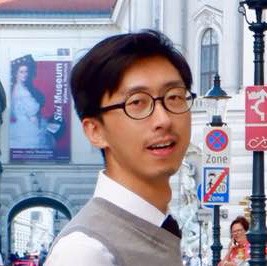
曹寅
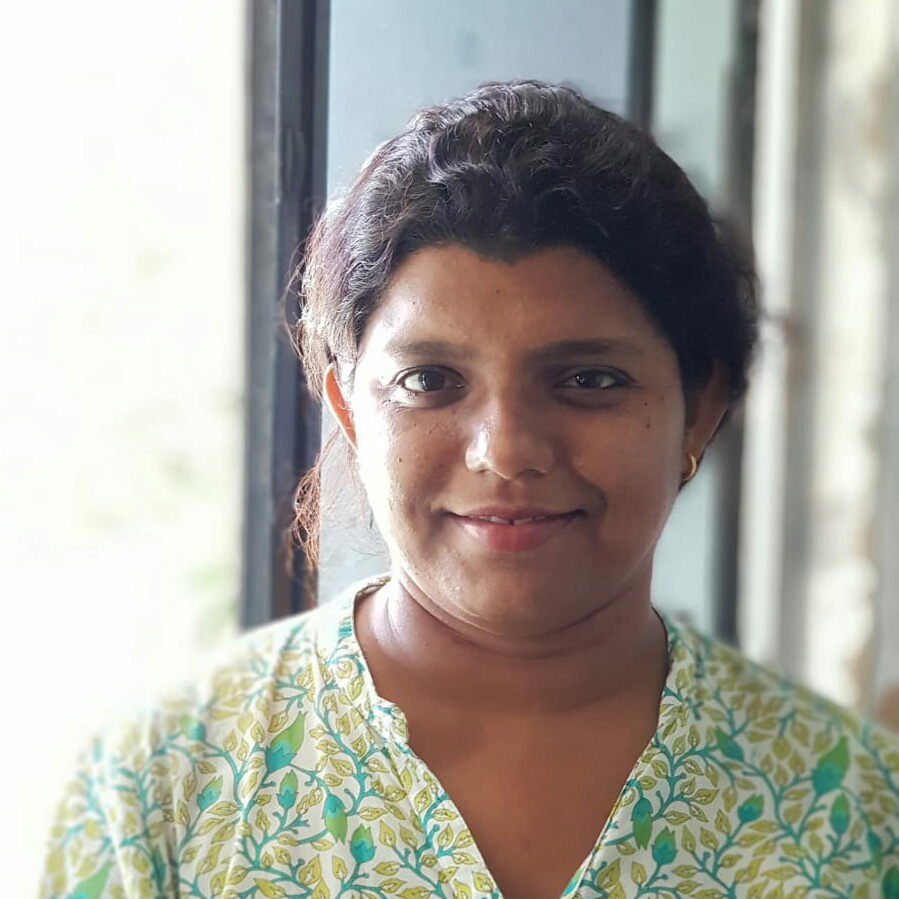
Barnali Chanda
Barnali Chanda received her PhD in Comparative Literature from Jadavpur University, Kolkata, India. She is currently teaching at the Techno India University as an assistant professor of English. Her research interests include comparative literature, Chinese and Indian travelogues, literary interactions between India and China during the premodern period, and the impact of Buddhist ideas on Chinese and Sanskrit storytelling. Barnali has co-authored two books: Of Asian Lands: A View from Bengal: An Annotated Bibliography of a Century of Travel Narratives to Asian Lands in Bangla 和 Tellings and Retellings: Strange tales of Medieval China.
Arunabh Ghosh received his BA from Haverford and PhD from Columbia University. He is an assistant professor in the History Department at Harvard University. A historian of modern China, his interests include social and economic history, history of science and statecraft, and transnational history. Ghosh’s first book, Making it Count: Statistics and Statecraft in the Early PRC, 1949-1959, is forthcoming from Princeton University Press. His articles have appeared in the Journal of Asian Studies, Osiris, BJHS-Themes, and the PRC History Review. His current projects include a history of Chinese dam-building in the twentieth century; a history of China-India scientific networks, ca. 1900-1980; and a collaborative archival project on China-related materials within the Nehru Papers.
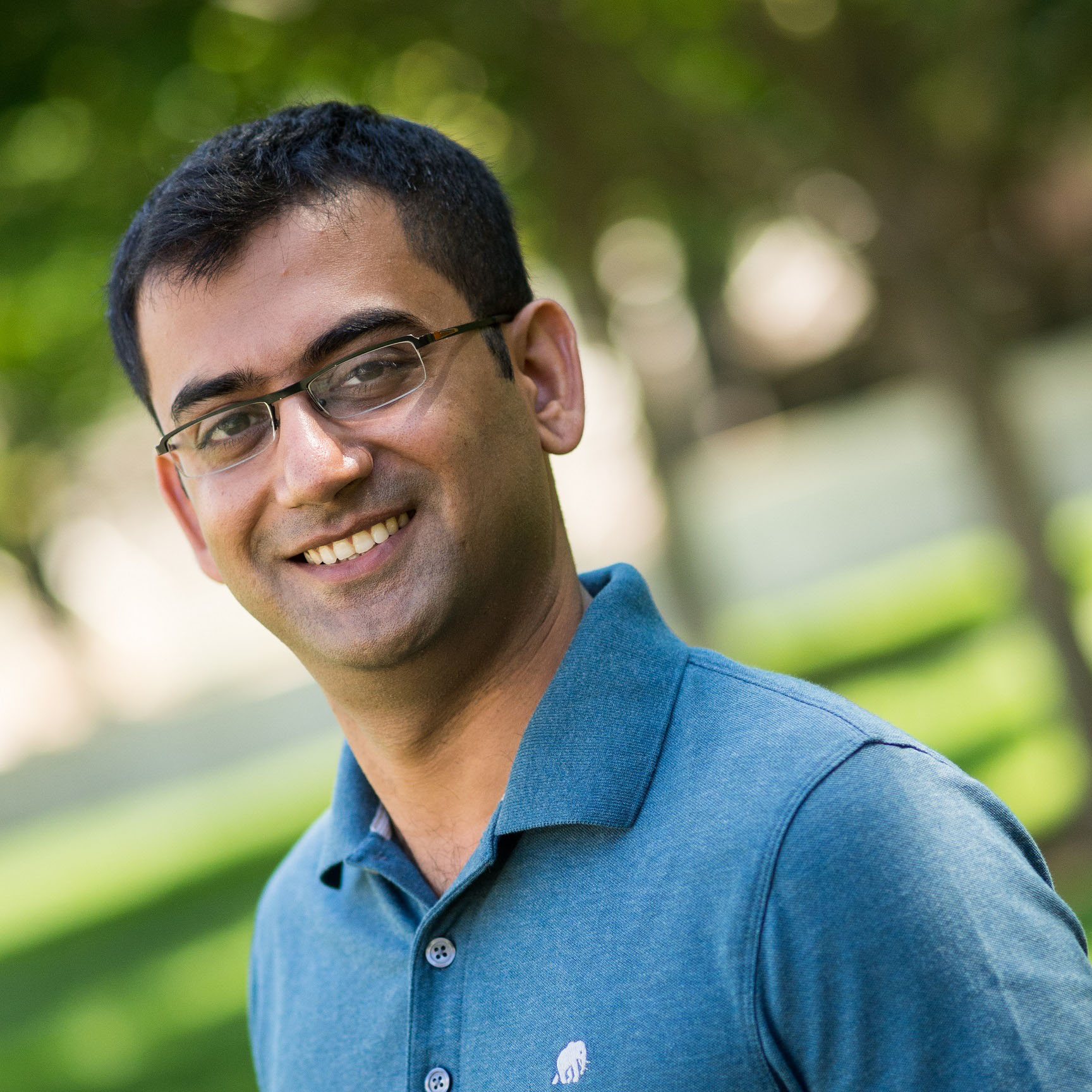
Arunabh Ghosh
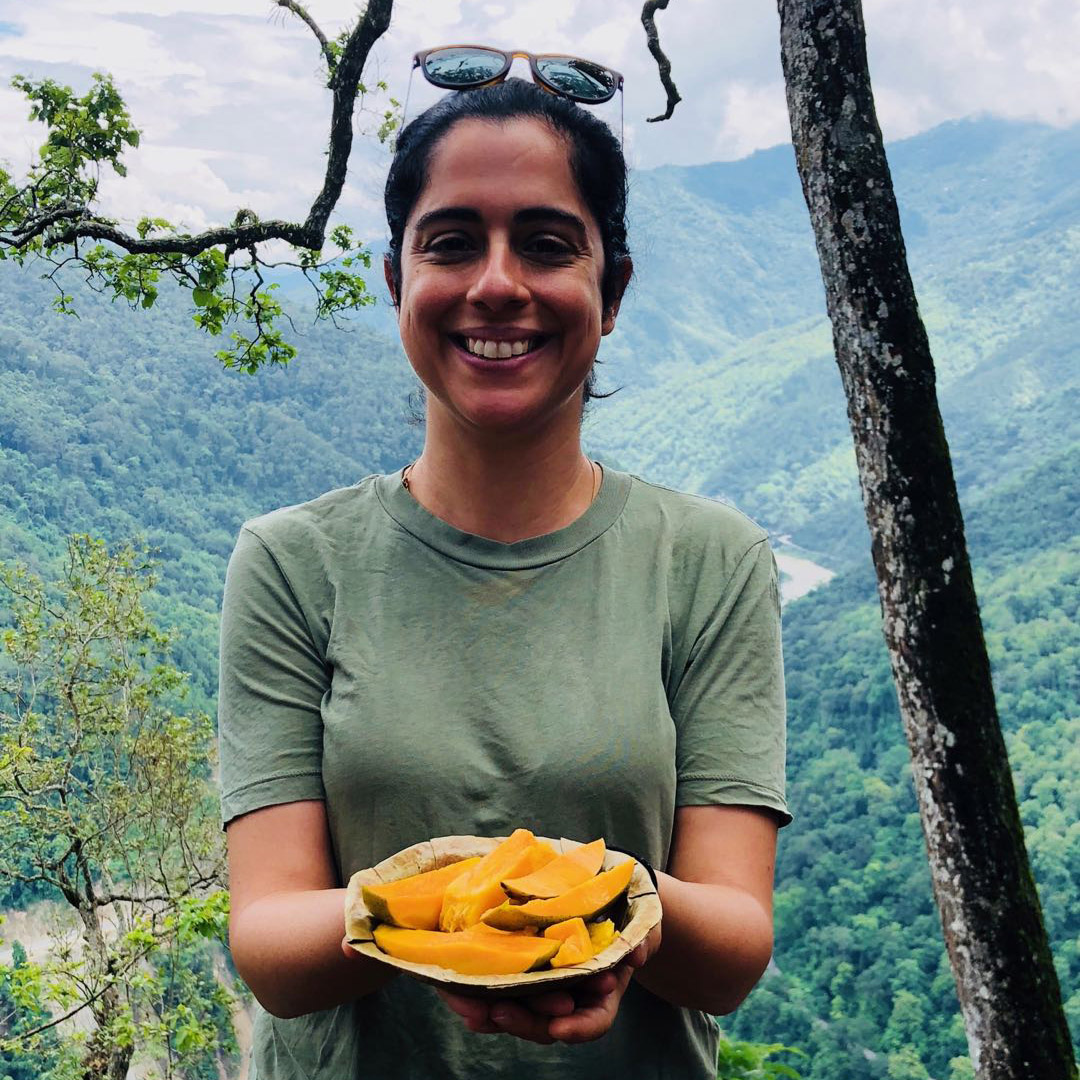
Gal Gvili
Gal Gvili is an assistant professor at the Department of East Asian Studies at McGill University. Gvili works and teaches in modern, and contemporary Chinese literature, Chinese cinema of all periods, literary and cultural theory, and South-South connections. Her current research, entitled “In Search of the National Soul: Writing Life in Chinese Literature 1918–1937” investigates how modern literature came to be perceived as effective in ushering social change during the late Qing and the Republican era through interactions between Chinese writers and Indian religions and philosophy. In an unprecedented and largely understudied episode of China’s participation in South-South cultural exchange, Chinese writers sought Indian literature and religious thought in the hopes of learning how literary expression mediates between man and universe to create a palpable change in the world. A chapter, entitled “Pan-Asian Poetics: Tagore and the Interpersonal in May 4th New Poetry” has been published in the Journal of Asian Studies. Also forthcoming is her essay entitled “China-India Myths in Xu Dishan’s Goddess of Supreme Essence.”
Miao He is a first-year graduate student at the World Economy in Research Institute for Indian Ocean Economies (RIIO), Yunnan University of Finance & Economics. Her BA degree was in Finance Engineering from the Chengdu University of Information and Technology. Her senior thesis focused on analyzing the factors influencing carbon emission pricing by means of quantitative analysis. Her current research interests include China-India relations, specifically the comparative study of Export-Import Bank in China and India. She is a member of the translation team of The Oxford Handbook of Indian Foreign Policy (Oxford University Press, 2015).
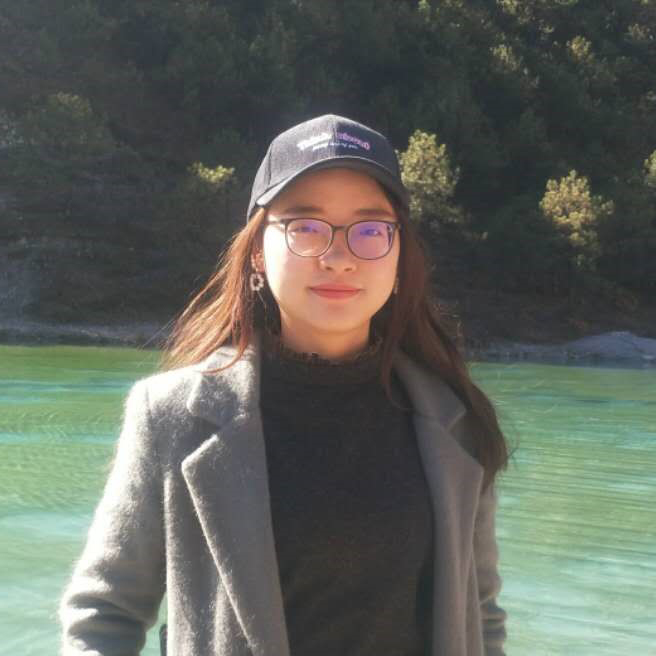
Miao He

Yuan He
Yuan He is a Postdoctoral Fellow in Residence at NYU Shanghai. She holds PhD and MPhil degrees from the Centre of Development Studies, University of Cambridge, funded by the Cambridge China Development Trust and the Malaysian Commonwealth Trust. Yuan’s research interests lie in China’s and India’s development models, human development, governance and meritocracy. Specifically, she works to move the political economic comparison of China and India beyond the “democracy and development” trajectory by emphasizing governance structure and capacity, and broaden the academic understanding of development through re-examining the economic philosophy of human development. She has published in top International and Chinese journals, including the Journal of Contemporary China and Technology Economics (Jishu Jingji). Her PhD thesis was entitled “Food and Shelter: Village Lives in India and China.”
Caleb Huffman is a Yenching Scholar at Peking University studying Chinese law and society. He graduated from the University of Washington in Seattle Magna Cum Laude, Phi Beta Kappa, and with College Honors in both his majors, political science and communication. Raised in a small, rural town in the United States, Caleb overcame various socioeconomic barriers to begin college at sixteen. Freshmen year of university as a Gilman Scholar, Caleb left the USA for the first time to study human migrations in Italy. After a few academic tangents resulting in three undergraduate theses covering political rhetoric and urban violence, he is back to his first interest, global migrations, and seeks to further understand the topic in the China-India context, specifically, because of the influence the bilateral relationship will have in international norms. Caleb aims to obtain an American J.D. and enter the realm of international law and diplomacy.

Caleb Huffman
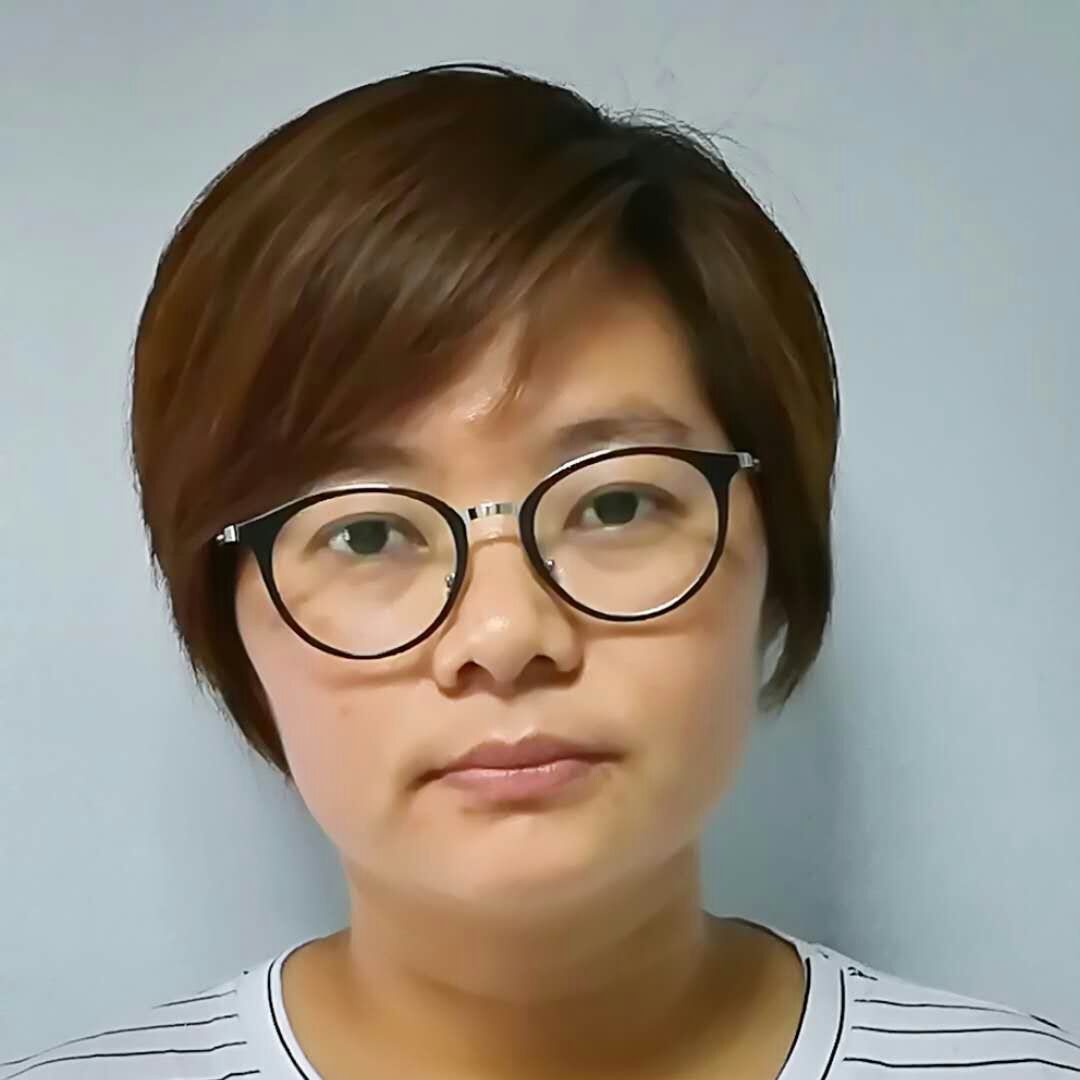
Tiasangla Ikr
Tiasangla IKr is a PhD scholar at the Centre of Social Medicine & Community Health, Jawaharlal Nehru University. She is interested in studying China’s public health development and comparative study of the health sector in China and India. Her MPhil dissertation was on comparative studies of health reforms in China and India. She is a recipient of the Junior Research Fellowship of the Government of India and qualified for Assistant Professorship. She has also worked as a research assistant in a project on “Comparative Health Systems Research: China and India” sponsored by the Indian Council of Social Science Research. She was awarded the 2017 Institute of Chinese Studies – Harvard Yenching Institute Fellowship and spent the first year of the fellowship at Central China Normal University as a senior visiting fellow of the Institute of Research for East-West Cultural Exchange. She is currently based at Fudan University’s Institute of Chinese History and Civilization. The title of her PhD thesis is “American Foundations in Public Health: Ascension of Soft Power and Free Markets in China and India.”
Zoe Jordan is a Yenching Scholar at the Yenching Academy of Peking University. She is working on her master’s degree in China Studies (International Relations) with a focus on China-South Asia security relations. She is interested in studying China-India border conflicts, nuclear nonproliferation, and Chinese media culture. Zoe is also an Editing Consultant for the Stimson Center, a D.C.-based nonpartisan policy research center, where she edits pieces for South Asian Voices. This year, Zoe is the Co-Chair of the Yenching Academy’s flagship interdisciplinary conference on China, the Yenching Global Symposium. Zoe graduated in 2018 from NYU Shanghai with a BA in Global China Studies and minors in Mandarin and Interactive Media Arts.

Zoe B. Jordan
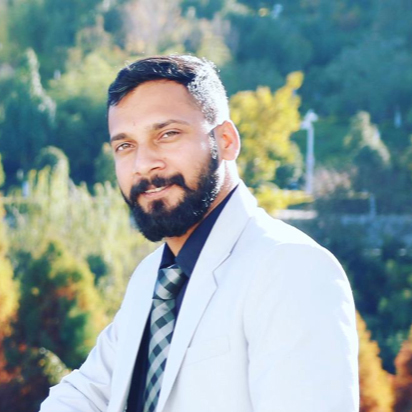
Nishit Kumar
Nishit Kumar is a PhD candidate at the Centre for Chinese and South East Asia Studies, Jawaharlal Nehru University, India. The title of his doctoral thesis is “China and the Nobel Prize: Reception and Impact of the Literature Prize to Mo Yan.” He was awarded the 2018 Institute of China Studies-Harvard Yenching Institute Fellowship and currently enrolled as a Senior Visiting Student at the Department of Chinese Language and Literature in Peking University, Beijing, China. He did his BA and MA degrees in Chinese language, literature and culture from the Centre for Chinese and South East Asia Studies, Jawaharlal Nehru University. He completed his MPhil. from the same department. The title of his MPhil dissertation was “Evolution of Huaju (话 剧) in Modern China: A Study of Select Works, 1907 -1949.” He has also completed an one-year advance language program in Chinese from Ningbo University, China.
Ruiman Liang is a graduate student at the Institute of World Literature at Peking University. Her research focuses on Sino-Indian cultural exchanges between the late 19th century and 1949. Her thesis examines the travelogues of Chinese visitors to India during the late Qing Dynasty.
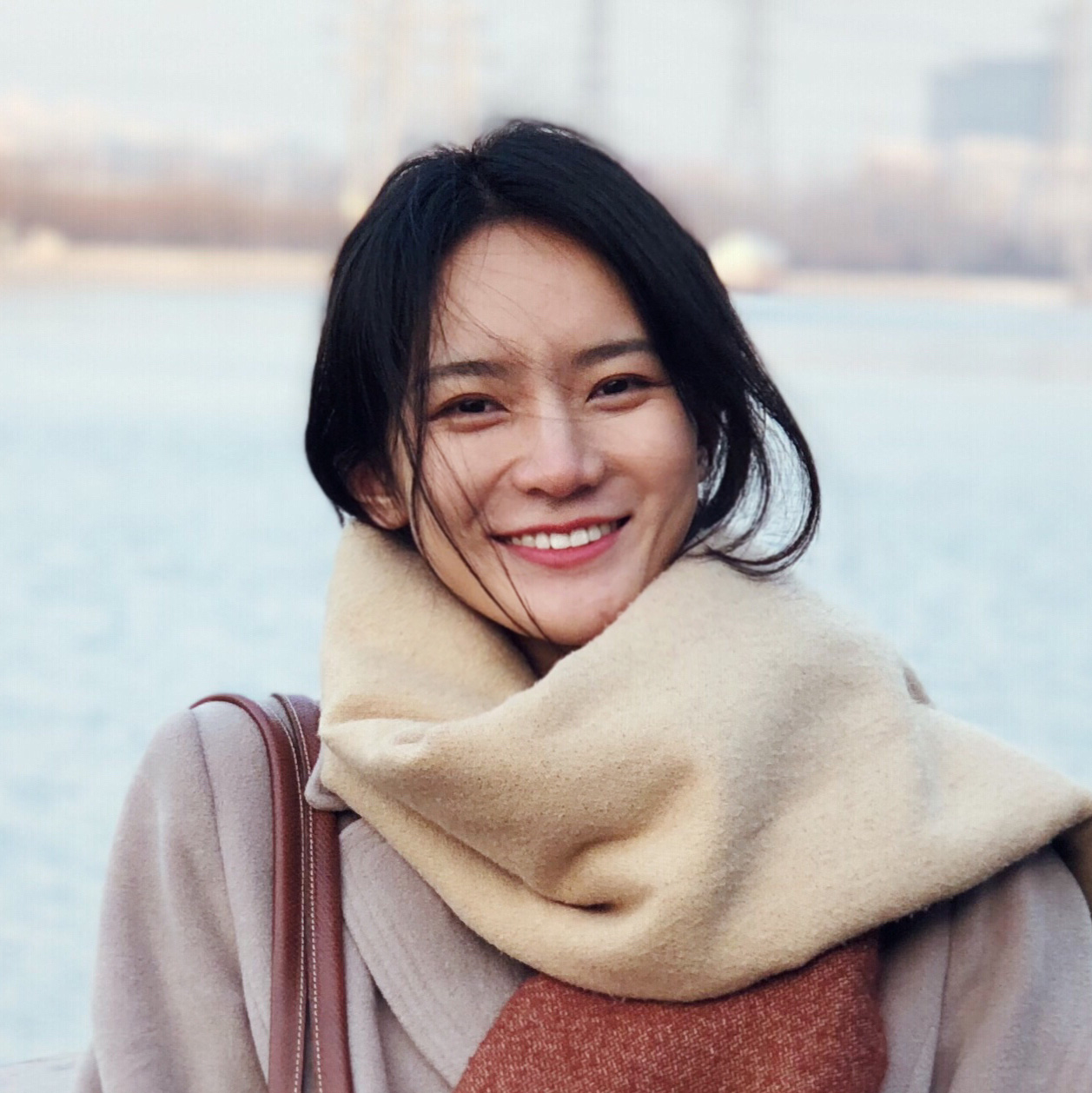
Ruiman Liang
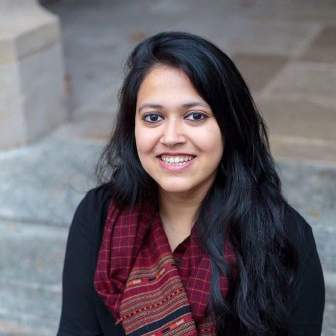
Adhira Mangalagiri
Adhira Mangalagiri is a lecturer in Comparative Literature at Queen Mary University of London. She received her PhD from University of Chicago. Her primary area of expertise lies in modern Chinese literature (early- and mid-twentieth centuries). Her research explores intersections between the Chinese and Indian literary spheres during the modern period. She studies China-India literary comparison both in terms of contact (the overlapping paths of texts, people, and objects across the national borders), and in terms of contingency (comparative paradigms that bring Chinese and Indian texts together in the absence of material contact).
Vivek Pisharody is a graduate student in Economics at the Yenching Academy, Peking University. Vivek studied Mathematics and Chinese at Cornell University and is interested in development economics, minorities, and Chinese politics. While studying in Kunming, Yunnan, Vivek researched the Jinuo people of southwest China and developed an interest in government policy on ethnic minorities and now studies economic and human development in rural China.
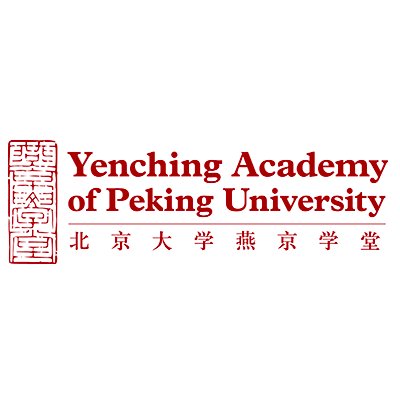
Vivek Pisharody
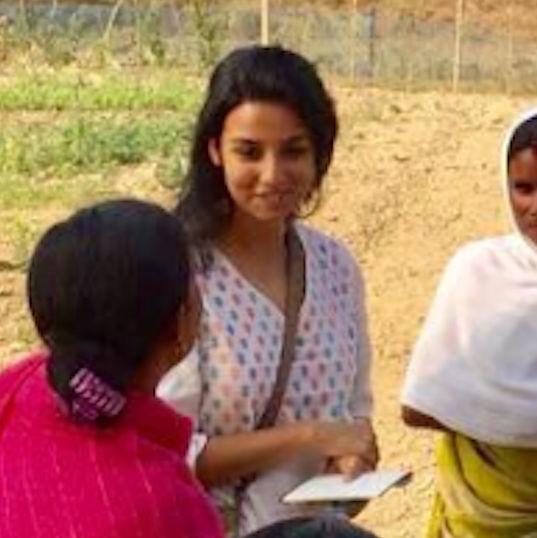
Jasnea Sarma
Jasnea Sarma is a PhD candidate in Asian Studies and Political Geography at the National University of Singapore(NUS). Her dissertation titled “Seeing From the Periphery: Small People, Big Resource, and the Lines in Between” uses ethnography, oral histories and GIS cartography in several border sites between India, China and Myanmar to critically explore frontier encounters, hidden histories, spatial transformations and capitalist accumulation in sites which are both traditional border-frontiers (remote/ ethnically conflicted /refugee and humanitarian refuge zones, illicit economies, and militarization), but also evolving ‘resource frontiers’ (geo-politically and geo-economically strategic for states and capitalist extraction). In this work, she documents and narrates these transformations through ‘remote’ or unrepresented borderland voices from below, attempting to them into dialogue with critical border theories in political geography and area studies. Her dissertation critiques and furthers approaches to studying Zomia, and ‘shatter zones’ as places of refuge and escape. She has conducted long-term ethnographic fieldwork in China (Yunnan), Myanmar (Shan, Kachin) and Northeast India (Mizoram) between borders. Jasnea is part of a writing collective that explores feminist research methods in South East Asia, also collaborating with polgeonow.com for mapping projects.
Tansen Sen is professor of History, the Director of the Center for Global Asia at NYU Shanghai, and Global Network Professor at NYU. He received his MA from Peking University and Ph.D. from the University of Pennsylvania. He is the author of Buddhism, Diplomacy, and Trade: The Realignment of Sino-Indian Relations, 600-1400 (2003; 2016) and India, China, and the World: A Connected History (2017). He has co-authored (with Victor H. Mair) Traditional China in Asian and World History (2012), edited Buddhism Across Asia: Networks of Material, Cultural and Intellectual Exchange (2014), and co-edited (with Burkhard Schnepel) Travelling Pasts: The Politics of Cultural Heritage in the Indian Ocean World (forthcoming). He is currently working on a book about Zheng He’s maritime expeditions in the early fifteenth century and co-editing (with Engseng Ho) the Cambridge History of the Indian Ocean, volume 1. His latest research project concerns India-China connections during the 1950s.
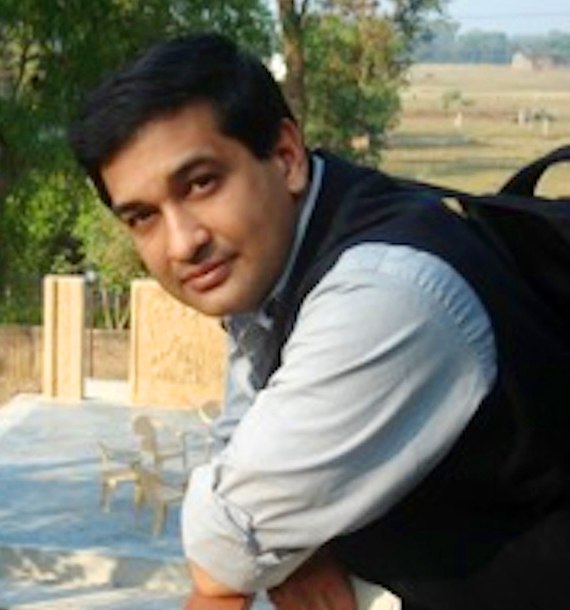
Tansen Sen
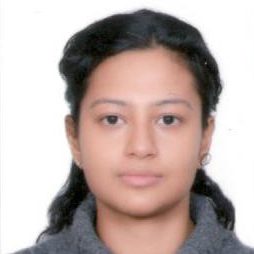
Shilpa Sharma
Shilpa Sharma is a PhD candidate in the Department of East Asian Studies, Delhi University. Her research focuses on India-China connections during the Second World War. In particular, she engages with the academic and scientific networks between Colonial India and Nationalist China. She was the recipient of the Huayu Enrichment Scholarship (2014-2015). She was earlier awarded a scholarship to study at John Hopkins-Nanjing summer school (2014). She was part of an archival project to classify and catalogue materials related to modern China in the National Archives of India. She is currently working as a research assistant on the archival project, “China and India in the Age of Decolonization: An Analysis of the Nehru Papers, 1947-1964” at the Nehru Memorial Museum and Library, New Delhi.
Ping Sun (Sophie) is an assistant professor in the Department of Journalism and Communication at the Chinese Academy of Social Science. She received her PhD from the School of Journalism and Communication, The Chinese University of Hong Kong, in December 2016. Her research interests include information and communication technologies, new media and digital labour. Her focus is on how technology and algorithms generates sociotechnical and political valence in the digital economy. She was the winner of two Best Paper Awards of International Communication Conference (ICA) and Chinese Internet Research Conference(CIRC). Sophie currently a fellow of the China India Scholar-Leaders Initiative, India China Institute, The New School.
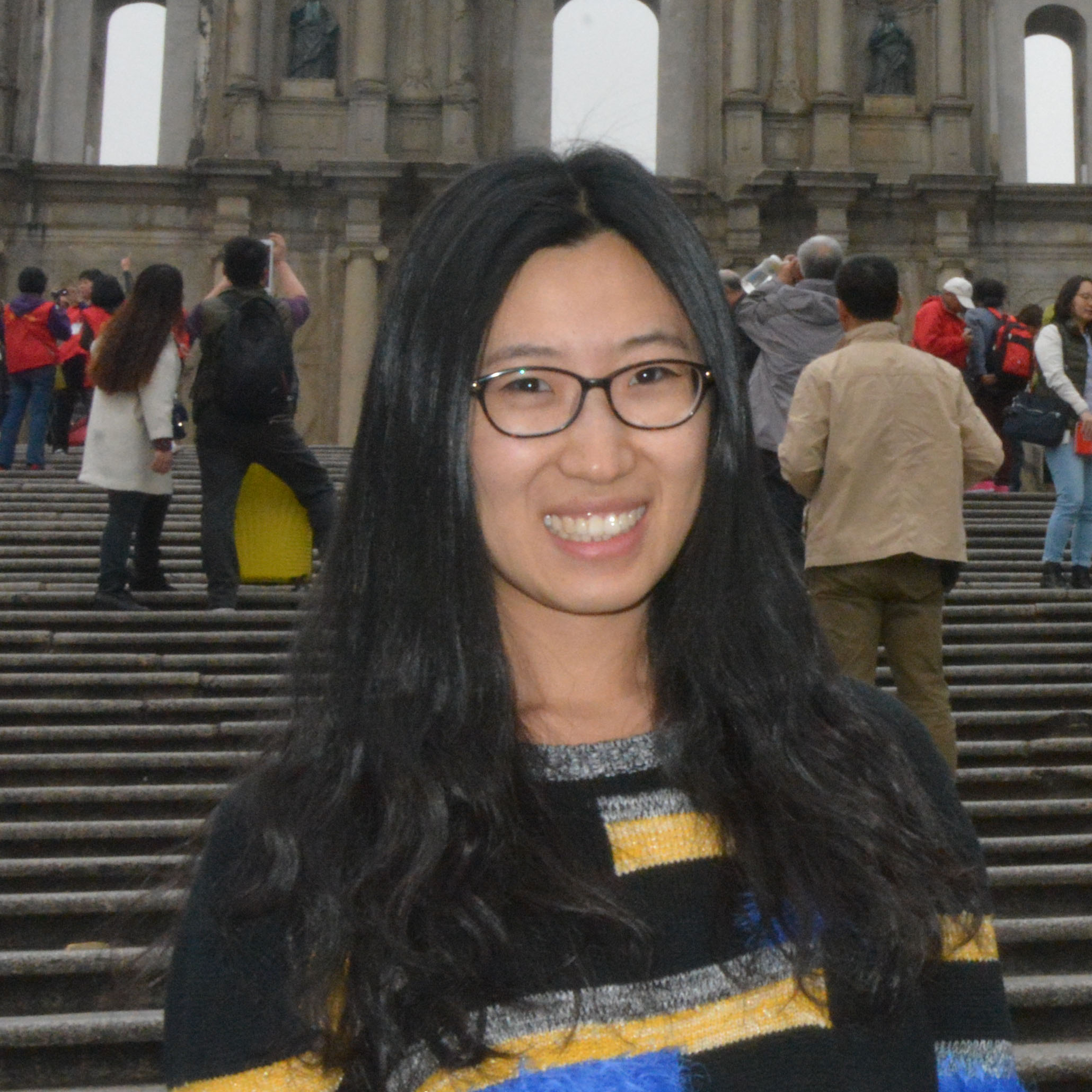
Ping Sun
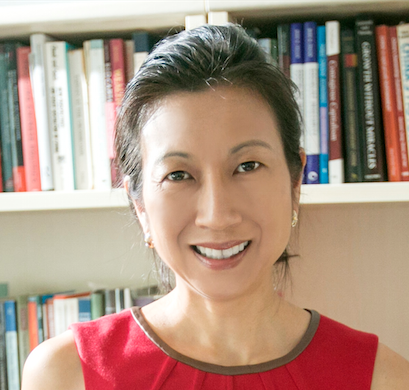
Kellee S. Tsai
Kellee S. Tsai (Ph.D., Political Science, Columbia University) is Dean of Humanities and Social Science and Chair Professor of Social Science at Hong Kong University of Science and Technology (HKUST). She previously served as Head of the Division of Social Science at HKUST; and Vice Dean of Humanities and Social Science, and Professor of Political Science at Johns Hopkins University. She is the author or co-author of five books, including Back-Alley Banking: Private Entrepreneurs in China (Cornell 2002), Capitalism without Democracy: The Private Sector in Contemporary China (Cornell 2007), and State Capitalism, Institutional Adaptation, and the Chinese Miracle (co-edited with Barry Naughton, Cambridge 2015). She has published articles in Business and Politics, China Journal, China Quarterly, Journal of Asian Studies, etc. Tsai’s research interests include informal finance, informal institutions, internet finance, endogenous institutional change, local development, political economy of development, private entrepreneurship, shadow banking, and migration with an area focus on China and India.
Tsui Kai Hin Brian is currently an assistant professor of History at Hong Kong Polytechnic University, Hong Kong. He received his PhD from Columbia University after receiving a BA from the University of Hong Kong. Before joining PolyU, Tsui was a postdoctoral fellow at the Australian Center on China in the World, Australian National University. A historian by training, he is interested in the intersection between revolutionary politics and mobilization of cultures on both the left and the right in China’s twentieth century. His first book, 《中国的保守革命:追寻新秩序,1927-1949》 (Cambridge University Press) studies mass politics under the Guomindang, the dilemmas confronting Chinese liberal intellectuals caught between an authoritarian state and a supposedly untamable populace, and the Nationalist Party’s appeal to Pan-Asianism as a strategy to garner international support. His current research focuses on the advent of “New China” as an Asia-wide event, zeroing in on how the advent of the People’s Republic was interpreted by Indian nationalists and Asian Christians in the early 1950s.
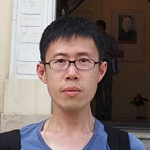
Brian Tsui
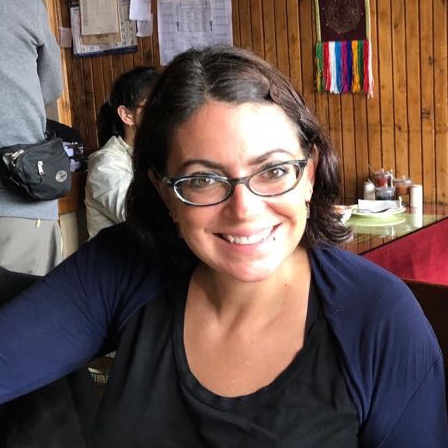
Krista Van Fleit
Krista Van Fleit is an associate professor of Chinese Studies at the University of South Carolina. She also directs the Chinese program and serves as the director of the Centers for Asian Studies and Islamic World Studies. Her first book, Literature the People Love, a study of the literary and cultural system in Maoist China, was published in 2013. Recently she has spent time in New Delhi and in Beijing researching her new book project, which focuses on film exchange and cultural production in China and India from the 1940s through the present. Her first article from this project, a study of the reception of Raj Kapoor and the blockbuster film Awara in China, was published in 《亚洲电影》 in January 2014, and a book chapter, “Mao and Gandhi in the Fight Against Corruption,” which compares contemporary Chinese and Hindi cinema, was published in the Palgrave Handbook of Asian Cinema in November 2018.
Jing Wang is an assistant professor at the School of Foreign Languages, Peking University. She received PhD in Indian Literature from Peking University. Her field of study includes Indian religion and culture, Indian religious literature, early modern Indian literature, Bhakti poetry in medieval India, and Indian women’s literature. She is currently taking part in several research projects, such as “The Study of Modern and Contemporary Indian Cultural Theories and Phenomena” and “Customs and Institutions: A Study of Indian Culture.” Her recent publications include “Between Humanity and Divinity: On the Origin and Evolution of Krishna’s Image in Hinduism,” “On the Liberation and Renunciation of Eros in Sūrasāgara’s Erotic Poetry,” and “Understanding Mannu Bhandari’s Narrative Strategies in Apka Bunti.”
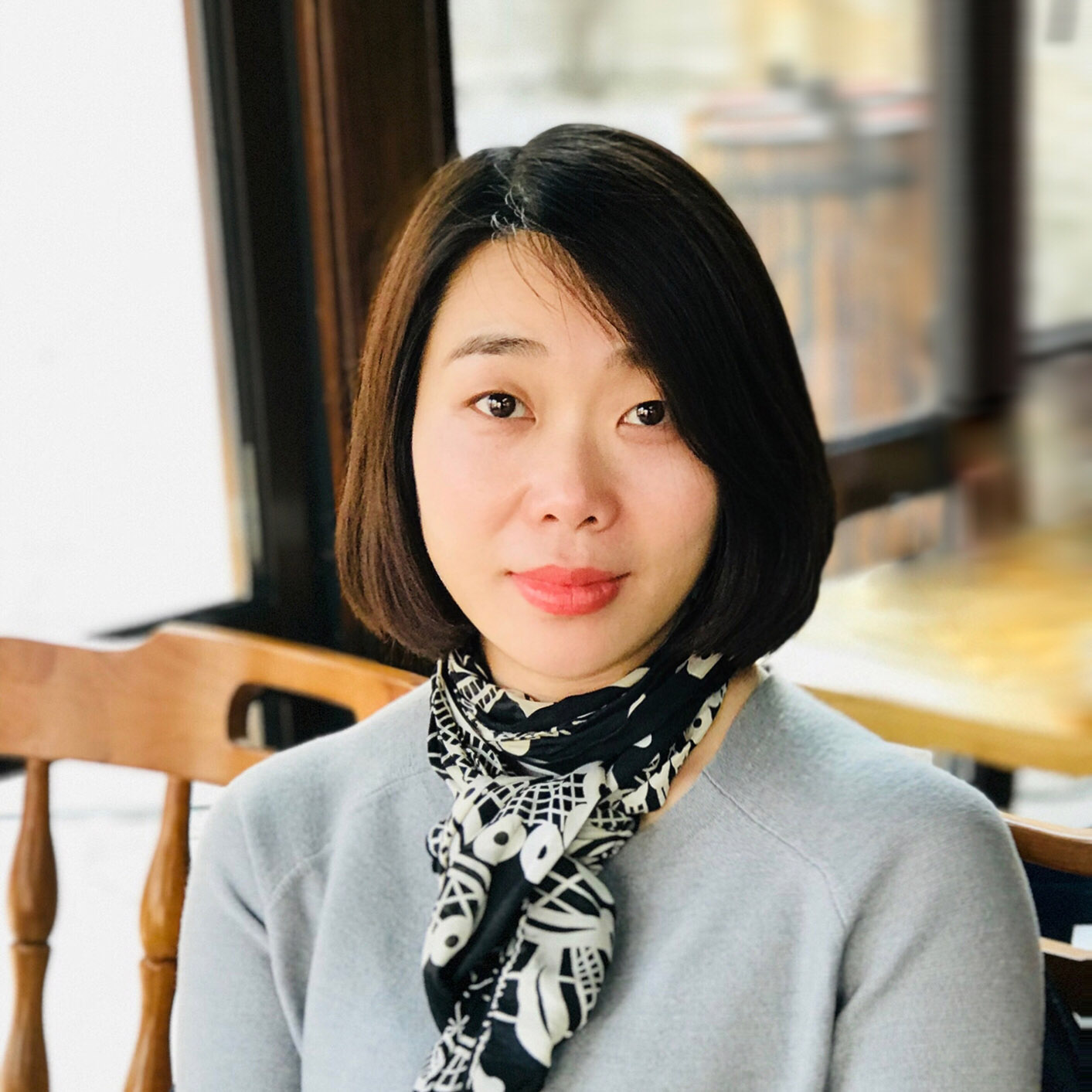
Jing Wang
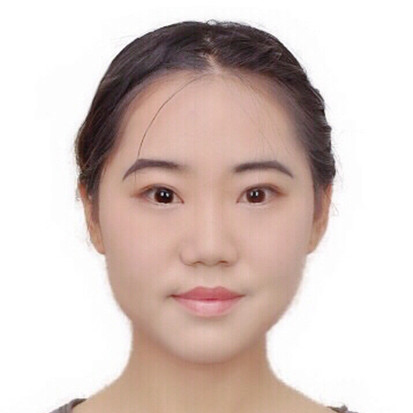
Chen Yang
Chen Yang is a first-year graduate student of modern and contemporary history at Renmin University, China. She is currently studying Indian history, especially India’s tea culture, as well as tea trade in China and India. Yang Chen majored in history as an undergraduate at the Northwest University of China.
Md Yasin did his BA and MA degrees from the Centre for Chinese and South East Asian Studies, Jawaharlal Nehru University (JNU). He holds a M.Phil degree in Area Studies from the Centre for East Asian Studies, JNU (2017). Yasin received an one-year scholarship by the Ministry of Human Resource Development (India) to study in Beijing. Yasin has qualified for assistant professorship through National Eligibility Test, taught Chinese at Apeejay Stya University and Aligarh Muslim University, India, and was awarded Junior Research Fellowship by the University Grants Commission of India. He is the recipient of ICS-HYI Multi-Year Fellowship 2018 and currently studying at Central China Normal University, Wuhan, as a visiting research fellow.

Md. Yasin

Shagufta Yasmin
Shagufta Yasmin is currently an ICS-HYI Fellow (2017-2020). She is pursuing PhD degree from the Centre for East Asian Studies (CEAS), School of International Studies (SIS), Jawaharlal Nehru University (JNU), New Delhi. She completed her BA and MA degrees in Chinese language and literature from Centre for Chinese and South East Asian Studies (CCSEAS), School of Languages, Literature and Culture Studies (SLL&CS), JNU. She was awarded the Ministry of Human Resource Development (MHRD) Scholarship (2010-2011) by Government of India, for enhancing Chinese Language at Shenyang Normal University. She did her MPhil from CEAS, SIS, JNU, after which she taught Chinese language at Central University of Jharkhand, Ranchi. The title of her doctoral dissertation was “Chinese Environmental Diplomacy: A Study of its Environmental Cooperation with the United States of America and India, 1997-2015.”
Ke Zhang is an associate professor in the Department of History, and serves as assistant director of the Asia Research Center at Fudan University. He received his Ph.D. from Fudan University in 2009. His research interests include modern Chinese intellectual history, conceptual history and the global history of cultural exchange. He is the author of “The Conceptual History of ‘Humanism’” in Modern China (2015, in Chinese) and the co-editor of The Production of Knowledge and the Politics of Culture in Modern China (2014, in Chinese). He is currently working on a book project on the Sino-Indian cultural relations during the late Qing period.
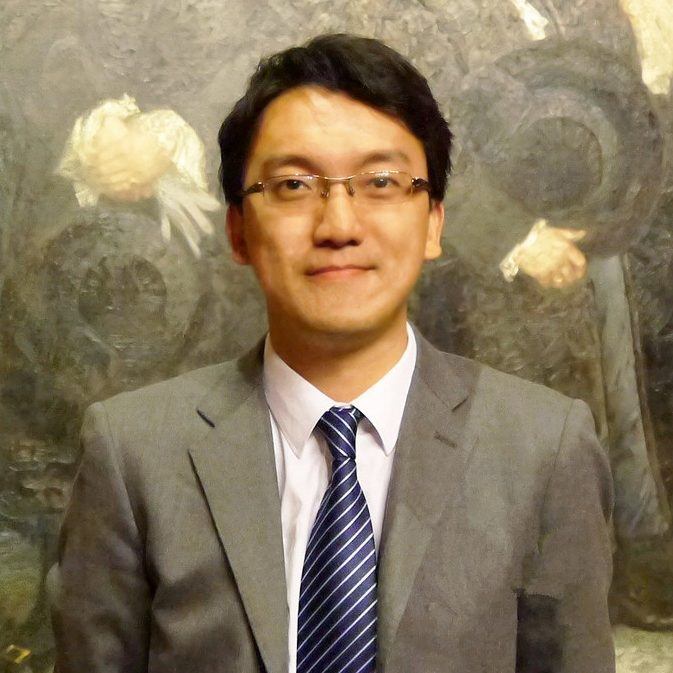
Ke Zhang

Jinchao Zhao
Jinchao Zhao is a PhD candidate in art and architectural history at the University of Virginia. Her dissertation focuses on the dissemination and reception of Indian stūpa worships in early medieval China. Her other research interests include the relationship between Buddhist texts and images, early medieval Chinese steles, and Persian miniature paintings in the 14th century. Prior to joining the doctoral program at UVA, she completed her MA in Comparative Literature and World Literature from Peking University.
Jia Zhou is a doctoral candidate at the Department of South Asian Studies, School of Foreign Languages, Peking University. She majored in Urdu language and literature, and subsequently studied relations, communications and connections between India and China. Her doctoral research focuses on the cross-cultural connections across Eurasia and interactions between China and India during the Mughal Period. She has written several essays, including “Man in the Tree — An Explore into Image in Khalidah Hussain’s Short Stories” (in Chinese) and “Research on the ‘Mi-li-kao’” that are forthcoming.
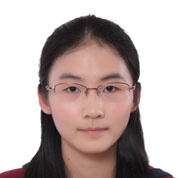
Jia Zhou
*Alphabetically by last name
*Not open to the public
分享
联系我们
邮箱:shanghai.cga@nyu.edu
电话:+86 (21) 20595043
微信公众号:NYUShanghaiCGA
地址:
上海市浦东新区杨思西路567号
W822室

© 2024 All Rights Reserved


